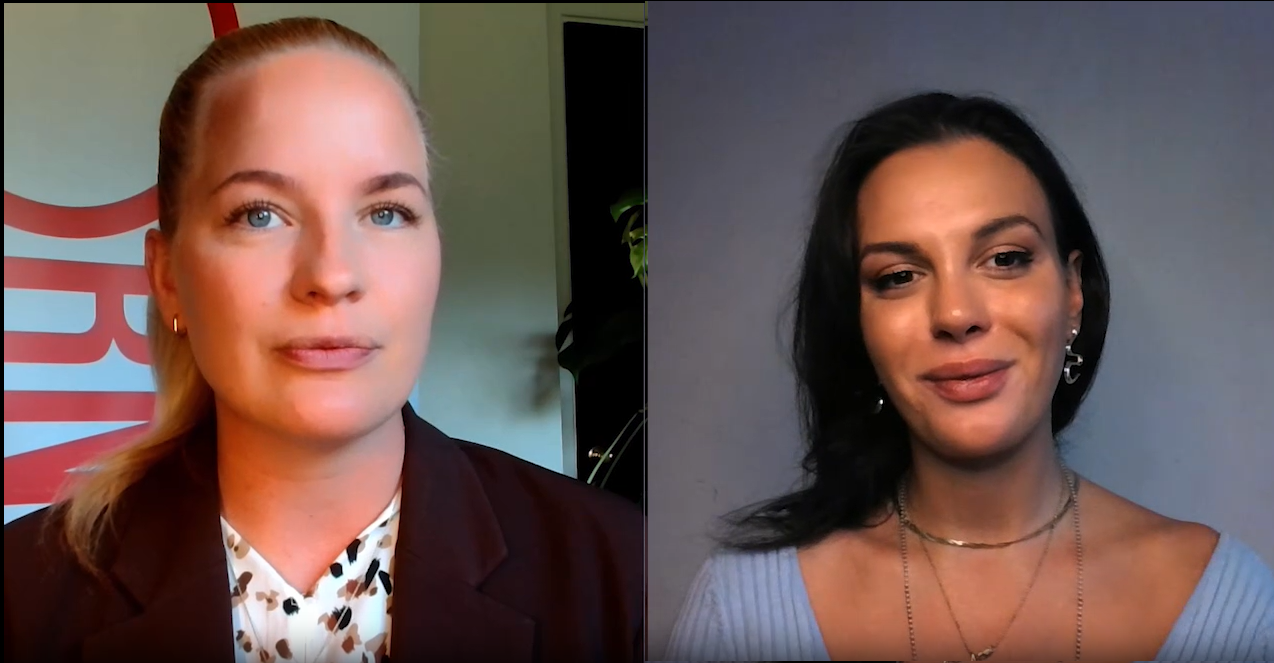Lukas Strobl: Something curious has been happening in emerging market debt funds. Their holdings in government bonds of Venezuela have suddenly spiked in value. That's the same Venezuela that's internationally isolated and just voted to annex most of a neighboring country. I'm here with my colleague, Morningstar fund analyst Shannon Kirwin, who has looked into this phenomenon in a new report.
So, Shannon, what's going on here?
Shannon Kirwin: Yes. So, we saw a pretty interesting phenomenon within some of our emerging market bond categories in November, where some strategies that had been sort of stragglers within their peer groups for most of the year, once their October returns were factored into their year-to-date returns, we saw them suddenly shooting up to the top quartile of their categories. And when we took a closer look at what these funds had in common, we saw that a lot of them had pretty substantial exposures to these Venezuelan sovereign bonds as well as bonds of PDVSA, which is the Venezuelan state-owned oil company. So, these bonds have been experiencing huge price volatility in recent months. We're talking about doubling in price within the span of a week. Although there is a huge caveat here, which is that all of these bonds are in default. And so, the price levels that we're talking about are very low. When I say doubling in price, we're saying, maybe going from $0.08 on the dollar to $0.16 on the dollar. So, in relative terms, a big jump, but in absolute terms, still a very, very low price.
Strobl: We're talking about defaulted instruments here. What is driving these prices higher?
Kirwin: Yes. So, there are probably three main things driving these prices. Just to give a little bit of the background, any Venezuelan debt that you see within a fund portfolio was issued prior to 2017. In 2017, the U.S. government issued sweeping economic sanctions on Venezuela in response to the political crisis there at the time. These sanctions included a ban on any U.S. entities or entities with business in the U.S. from buying debt issued by Venezuela on the primary market. So, it cut Venezuela off from external financing. Then, in 2019, the U.S. government took things a step further and they actually issued a ban on the secondary trading of Venezuelan bonds. And what that meant was that funds that had kind of gotten stuck with these Venezuelan bonds, which had since gone into default, could now not even buy and sell these bonds amongst themselves. So, the market for this debt disappeared overnight.
And the main thing that happened to change this recently was that in October, the Biden administration actually revoked that secondary trading ban on these Venezuelan issues. So, suddenly overnight, we now have a market for these bonds. And so that's why we've seen so much price volatility as the market kind of adjusts to find a new equilibrium between supply and demand for these bonds. Then, there were two other developments that have been kind of pushing demand for these bonds. So, a New York judge approved what is known as a tolling arrangement for some of these bonds that have since passed their maturity dates. What that means is that they've essentially extended the statute of limitations on bonds that would otherwise have expired and people that own these bonds remain eligible to participate in a restructuring for a longer period of time. Then at the same time, JPMorgan, which puts out the most widely used indexes in the emerging market bond space, has announced that they're thinking about potentially adding these bonds back into some of their indexes, which would lead to a lot of forced buying as ETFs or funds that track these indexes would suddenly become required to own a little bit of Venezuelan bonds.
Strobl: So, we're talking about defaulted bonds, no interest is being paid on them, but there is once again a secondary market, people may be able to sue for restitution. Is there actually a prospect of these bonds being rehabilitated or refinanced and of bondholders getting a chunk of their principal back at the end?
Kirwin: Many people believe that there is. What that would essentially look like would be a debt restructuring in the context probably of an IMF bailout. So essentially, Venezuela would issue new debt and holders of this existing debt would exchange their paper for these newly issued bonds, which would presumably be worth more.
Strobl: But they can't issue debt, right?
Kirwin: That's exactly right. In order for this all to happen, Venezuela has to be able to come to the primary market and issue debt, which as long as these sanctions remain in place from the United States government is actually impossible. So, we would have to actually see a lot of political progress with the U.S. becoming more satisfied that Venezuela is meeting their conditions in order to actually revoke these sanctions before this becomes a reality. So, a lot of the managers that we've spoken to do not see this happening even in the most optimistic of scenarios until at least 2026.
Strobl: So, if I followed you correctly, these sanctions were imposed during the Trump years and were most recently lifted by the Biden administration, I'm guessing next year's election is going to be a factor for these bondholders?
Kirwin: Yeah, great point. I mean, there is a huge amount of uncertainty around the U.S. election. Obviously, if a new administration comes in with completely different priorities in terms of the relationship with Venezuela, that's going to have a huge impact on this calculus of what the most likely outcomes will be for these bonds.
Strobl: Right. So, there's a lot of things that would have to fall into place for that to happen. Then, should anybody actually be seeking out these exposed funds, gambling on a positive outcome here?
Kirwin: Well, generally speaking, we would never encourage investors to trade tactically within an asset class like emerging market bonds. This is simply a very illiquid, relatively risky asset class where trading costs are quite high. So, it just doesn't make sense. We do love this asset class, generally speaking. There are a lot of options that are really great within this asset class. On the European side, for example, we really love Neuberger Berman Emerging Market Debt Hard Currency. In the U.S. market, we really like PIMCO Emerging Market Bond. These are two really great options. But again, we would only ever encourage an investor to buy a fund within these categories as a long-term holding in a portfolio.
Strobl: That makes sense. Stick to what Morningstar rates to be attractive and trustworthy. Thank you, this is a fascinating story, Shannon. For Morningstar, I'm Lukas Strobl.





























